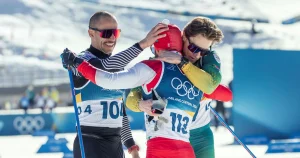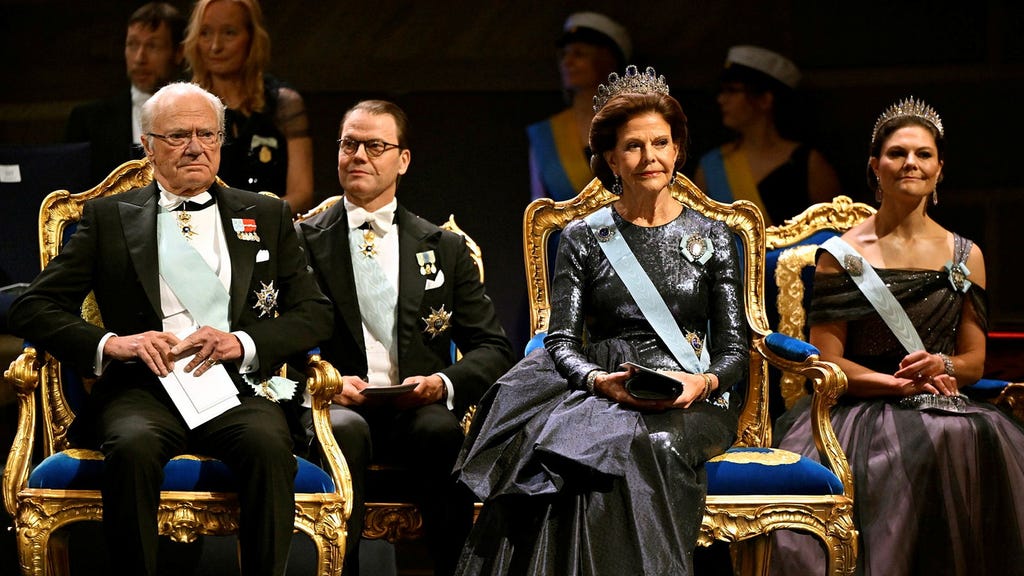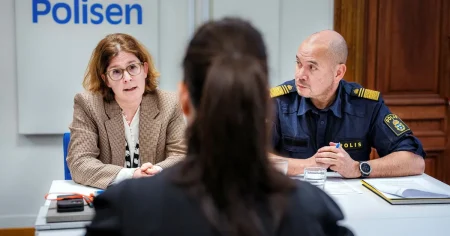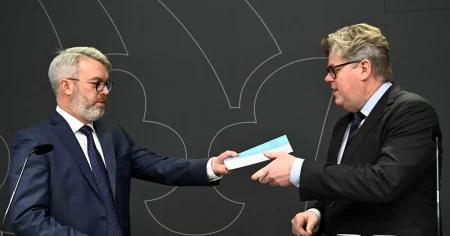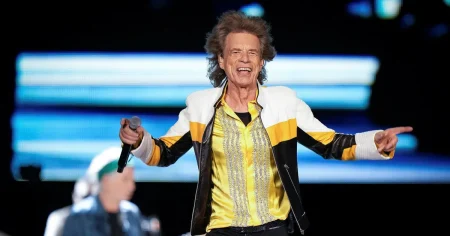The Nobel Prize ceremony, a grand celebration of human achievement, unfolded in Stockholm’s Concert Hall, commencing with Mozart’s ”March in D major” heralding the entrance of this year’s laureates. Astrid Söderbergh Widding, Chair of the Nobel Foundation Board, opened the ceremony by commending Nihon Hidankyo, the recipient of the Nobel Peace Prize, for their unwavering dedication to a world free from the perils of nuclear weapons. The organization, founded by survivors of the Hiroshima and Nagasaki bombings, received the prestigious award in Oslo, as per tradition, from the Norwegian Nobel Committee. Söderbergh Widding underscored the existential relevance of the Peace Prize, highlighting the resurgence of nuclear threats within the context of contemporary conflicts involving nuclear powers.
The specter of the atomic bomb and the potential for a devastating nuclear war served as a sobering reminder of the dual nature of free scientific research. While emphasizing the crucial role of unfettered scientific inquiry in expanding our understanding of the world, Söderbergh Widding emphasized the shared responsibility for the ethical application of acquired knowledge. Scientific advancements, while holding immense potential for progress, can also present unforeseen dangers if misused, demanding careful consideration and responsible stewardship. She poignantly declared, ”It lies in our hands to change the world,” encapsulating the power of human agency in shaping the future.
This year’s laureates exemplified the transformative power of science, literature, and peacebuilding in addressing global challenges. From the groundbreaking work in artificial intelligence to the exploration of protein design, and from the literary exploration of the past’s enduring presence to the analysis of societal institutions and prosperity, the laureates illuminated new pathways for tackling complex issues. Their achievements served as a beacon of hope, reminding us that our future is not predetermined but rather subject to the choices we make, both individually and collectively.
The ceremony then transitioned to the scientific achievements, starting with the Physics Prize, awarded to John Hopfield and Geoffrey Hinton for their foundational work in artificial intelligence. Their contributions have paved the way for the current AI revolution, impacting diverse fields, from generating creative text to assisting in medical diagnoses. However, Hinton’s expressed remorse over certain aspects of his work and his cautionary warnings about the potential dangers of machines surpassing human intelligence added a layer of complexity to the celebration. Ellen Moons, a physics professor, echoed these concerns while explaining the concept of artificial neural networks, emphasizing the collective responsibility for ensuring their safe and ethical application.
The Chemistry Prize further captivated the audience with its potential to reshape our understanding of life itself. The laureates, David Baker, Demis Hassabis, and John Jumper, were recognized for empowering humanity to design and comprehend the intricate world of proteins, the fundamental building blocks of life. Their work was heralded as a scientific revolution, opening doors to unprecedented possibilities in medicine, biotechnology, and other fields. Professor Johan Åqvist introduced the trio, emphasizing the transformative nature of their achievements.
The ceremony continued with a musical interlude by the Royal Philharmonic Orchestra, performing works by Arnold Schoenberg, followed by a presentation of the Medicine Prize. Professor Rickard Sandberg, using the Concert Hall as a metaphor for a human cell and the musicians as individual genes, explained the groundbreaking work of laureates Victor Ambros and Gary Ruvkun. They unveiled the role of micro-RNA in regulating gene expression, highlighting the importance of silencing certain genes at specific times for optimal cellular function. The literary contributions of Han Kang, this year’s Literature Prize recipient, were then celebrated by Ellen Mattson, who emphasized the persistent presence of the past in Kang’s writing. Finally, Professor Jan Teorell elucidated the work of economists Daron Acemoglu, Simon Johnson, and James A. Robinson, recipients of the Economics Prize, focusing on their exploration of the interplay between societal institutions and economic prosperity. The ceremony concluded with a regal exit to the strains of Hugo Alfvén’s ”Queen of Sheba’s Festive March,” leaving the audience to ponder the remarkable achievements celebrated that evening.




